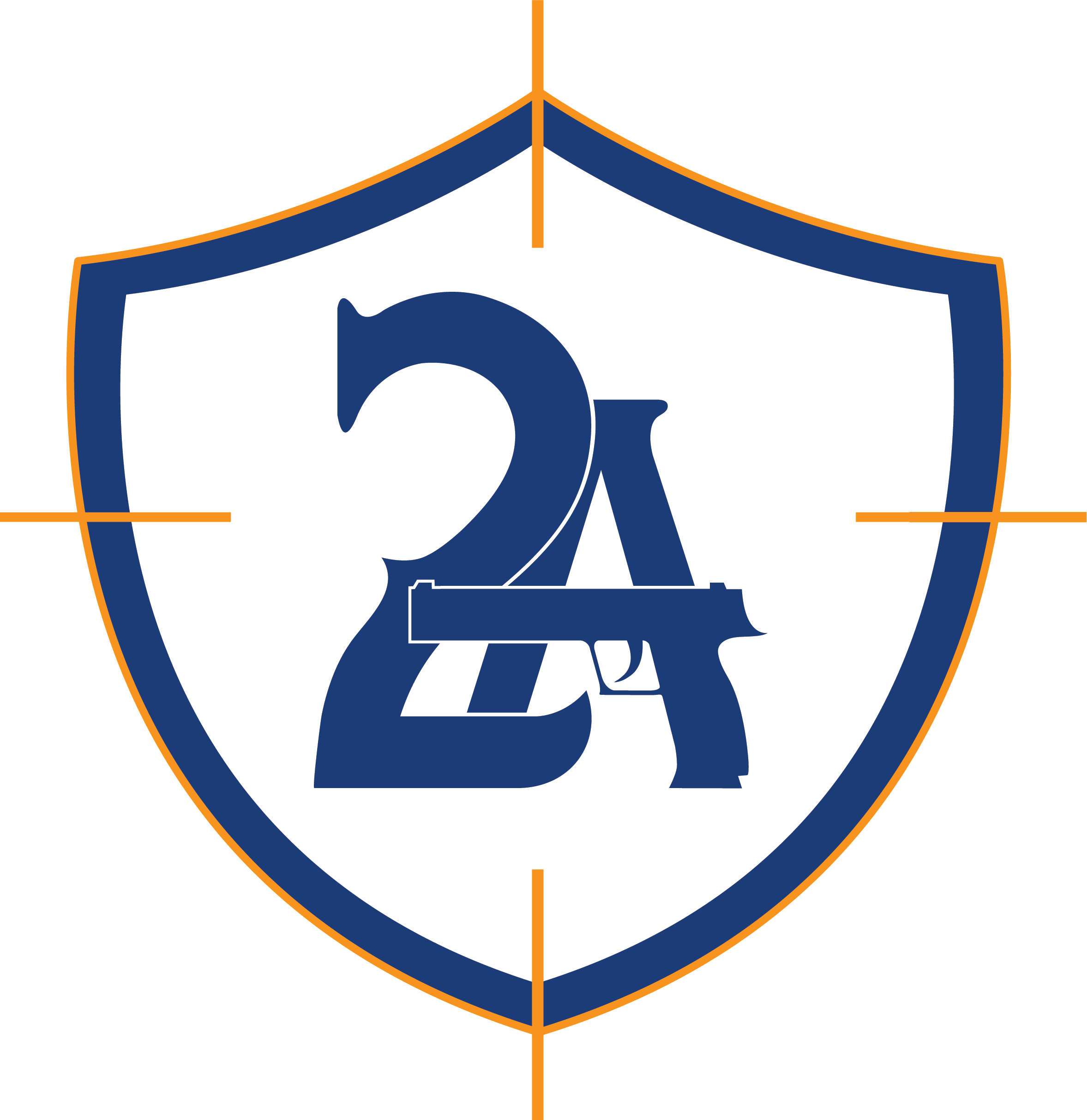Coverage Options- How to get Insured
The Ultimate Guide to Firearms Business Insurance
Table of Contents
The Importance of Insurance for Firearms Businesses
Firearms businesses operate in a high-risk environment. From product liability claims related to firearm defects or malfunctions to customer injuries on premises, the potential for costly lawsuits is significant. Insurance provides a crucial safety net, protecting businesses from devastating financial losses and ensuring their continued operation.
Types of Insurance Policies Available
- Product Liability Insurance: Covers claims arising from injuries or property damage caused by defective firearms or ammunition.
- General Liability Insurance: Protects against third-party claims for bodily injury or property damage occurring on business premises.
- Professional Liability Insurance: Covers legal defense costs and settlements related to negligent advice or services provided to customers.
- Property Insurance: Protects against losses due to fire, theft, vandalism, and other unforeseen events.
- Workers’ Compensation Insurance: Provides benefits to employees injured on the job.
- Cyber Liability Insurance: Protects against data breaches and cyberattacks.
Getting Started with Firearms Business Insurance
When it comes to insuring a firearms business, a specialized approach is essential. Many general insurance agents lack the in-depth knowledge of this niche market to accurately assess and address the unique risks you face.
The firearms industry demands an insurance agent with specific expertise. This experience allows them to understand your unique exposures. At 2aFBI, we have that experience and knowledge. Contact us today to get started!
Assessing Your Insurance Needs
Conduct a thorough risk assessment to identify potential hazards within your business operations. Consider factors such as:
- Types of firearms sold (NFA Items)
- Inventory turn over rate
- Presence of a shooting range
- Number of employees
- Type of operation (FFL Class)
Securing Firearms Business Insurance: A Step-by-Step Guide
- Identify the Right Insurance Provider: Research and compare quotes from multiple insurance providers specializing in firearms businesses.
- Choose the Right Insurance Policy: Select a policy that comprehensively addresses your identified risks and provides appropriate coverage limits.
- Understand Policy Terms and Conditions: Carefully review the policy documents to understand coverage limits, exclusions, deductibles, and claim filing procedures.
Navigating the Challenges of Firearms Business Insurance
The firearms industry faces unique challenges in obtaining and maintaining insurance coverage due to increased scrutiny and evolving regulations.
Securing adequate insurance for a firearms business can be a significant challenge. Many insurers are hesitant to underwrite such businesses or are nonrenewing due to the inherent risks involved. This reluctance stems from the potential for high-cost lawsuits arising from product liability claims (defective firearms or ammunition), customer injuries on premises, and even mass shooting incidents. Often times the FFL retailer gets drowned in legal fees and court costs. This heightened risk perception often translates into limited coverage options, higher premiums, and restrictive policy terms for firearms businesses. What sets us apart is our deep understanding of the firearms industry combined with access to a diverse network of insurance carriers. This allows us to carefully evaluate your unique needs and select the coverage options that best suit your specific requirements. Furthermore, if your current insurer unexpectedly drops or non-renews your coverage, we can leverage our extensive network to quickly secure alternative coverage with another reputable carrier, ensuring your business remains protected.
Common Pitfalls and How to Avoid Them
- Underinsurance: Failing to adequately assess risks and obtain sufficient coverage can leave your business financially vulnerable.
- Late Claims Filing: Delaying the claim filing process can jeopardize your coverage and impact the claim settlement.
- Not Keeping Accurate Records: Maintaining detailed records of all business activities is crucial for supporting insurance claims.
Tips for Managing Insurance Costs
- Implement safety measures: Enhance safety protocols to minimize the risk of accidents and reduce premiums. Implementing robust security measures is crucial for firearms businesses. This includes installing metal roll-down bars on doors, utilizing local burglary alarms with backup power, and implementing strategies to prevent “smash and grab” theft of inventory. These measures not only deter criminal activity but can also help reduce insurance premiums by demonstrating a commitment to safety and risk mitigation.
- Maintain a clean and well-maintained facility: A safe and secure environment can lower insurance costs.
- Consider bundling policies: Combining multiple insurance policies with the same provider can often result in discounts.
- Shop around for the best rates: Regularly compare quotes from different insurers to ensure you are getting the most competitive rates.

